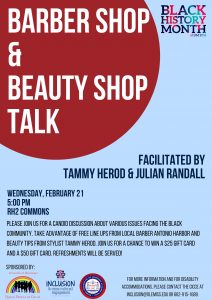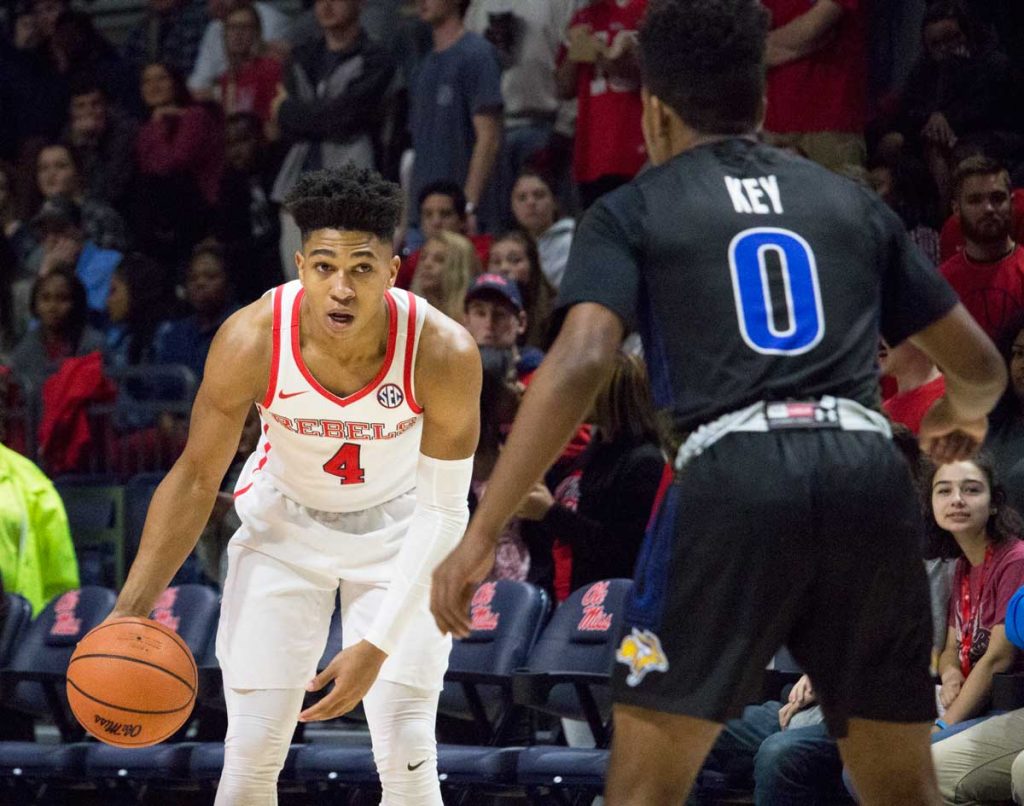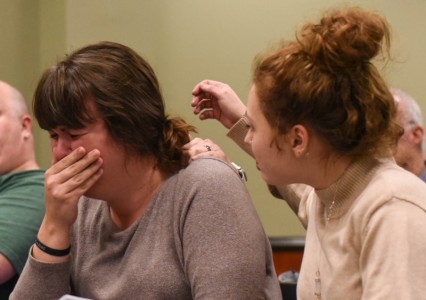Local hair salon owner Tammy Herod and creative writing MFA candidate Julian Randall will lead campus’ “Barber Shop and Beauty Shop Talk” this afternoon at the Residence Hall 2 Student Commons. The Center for Inclusion and Cross Cultural Engagement, UM NAACP and Queer People of Color are sponsoring the 5 p.m. public forum as a part of the university’s Black History Month calendar.
The event is meant to encourage discussion about issues facing the black community locally and nationally. Participants are invited to share stories and connect with others, all while enjoying refreshments and receiving free beauty tips and hair “line-ups” from a local barber.
Edwin Aguilar, a graduate assistant for the CICCE, said that in past years, the university’s “barbershop” talk series was typically geared toward men to have a space to talk about whatever they need to. This week’s event marks the first forum to include “beauty shop” in its name. Aguilar described the event as a collaborative effort and something that is open to the whole campus.
Randall said it is uncommon that the university officially sponsors a forum surrounding issues facing the black community. He also said the conversation will be focused on the concept of reparations for African-Americans but is open to the entire community.
 “I chose to talk about reparations because we need them. I’m always curious to know what everyone’s individual idea of liberation looks like, and these conversations are often only allowed to happen in the shadows,” he said. “Sometimes you get to have these conversations with your friends, but rarely does a university platform allow a conversation like that to be official.”
“I chose to talk about reparations because we need them. I’m always curious to know what everyone’s individual idea of liberation looks like, and these conversations are often only allowed to happen in the shadows,” he said. “Sometimes you get to have these conversations with your friends, but rarely does a university platform allow a conversation like that to be official.”
Calling it a “Barber Shop and Beauty Shop Talk” was an intentional decision – the implications and significance of hair salons and hair care in the black community are a major part of African-American culture. Randall said the first place he ever heard about the concept of reparation was in a barbershop.
“In a barbershop, it was all black men. It was where I did a certain kind of growing up. Ever since I was little, I went to black-owned hair care places,” he said. “The main point is that I think that barbershops, historically, are one of the only places consistently in American history where black people deserve something or are allowed to deserve something. There, whiteness is an anomaly.”
Today’s discussion will nod to the idea of barbershops as places where black people are allowed to be unapologetically black and can express their views without dissent. The forum will serve as a similar venue for free expression.
“Blackness has to prove itself to enter the barbershop, compared to any other public space in America where we have to prove our docility. We have to prove that we are not violent. That is not true in a barbershop,” Randall said. “We are trying to facilitate a place where people are there and they can feel like they own it, even temporarily, to discuss what the world could look like and how it could be.”
Herod, the other facilitator for the event and owner of Tammy’s Hair Gallery on University Avenue, also stressed the importance of hair and hair care in the black community.
“In our community, that’s one of our top priorities. We don’t do certain things if we don’t have our hair done,” she said. “It’s just a big deal. Something my salon stresses is maintaining healthy practices, and we do all types of hair. Hair is hair.”
Malik Pridgeon, president of the Ole Miss chapter of Queer People of Color, also acknowledged the role of barbershops in the lives of black people.
“Barbershops are essential spaces for black men and women. Repeatedly throughout history, they have been a space for us and by us,” he said. “They are Mecca, if you will, for almost every black/brown American and play a central role in the black American experience.”
Though he realizes their significance, Pridgeon said he has had a different experience with barbershops in America. He said his perspective as a member of the LGBTQ community has negatively painted his times in barbershops.
“As a queer man of color, barbershops have always been a place where I’ve been forced to go back into the closet. Whereas masculinity, in general, is fragile, black masculinity is even more fragile,” he said. “I am hoping that we can address the dangers of hyper-masculinity and examine it from the perspectives of queer people as well as women.”
Pridgeon said these conversations are important on campus because they highlight black Americans’ societal contributions and prove the diversity of the community’s many narratives. He said he and QPOC decided to support today’s event in order to shift the direction of the conversation and to highlight how unwelcome barbershops can be to same-gender-loving men, especially the “flamboyant” ones.
Randall said he is looking forward to talking about the numerous issues the black community faces in barbershops as well as outside of them.
“I’ve never had the opportunity to publicly discuss it at length in a forum,” he said. “I’m excited to have that conversation with a bunch of strangers for the first time since my last haircut.”













